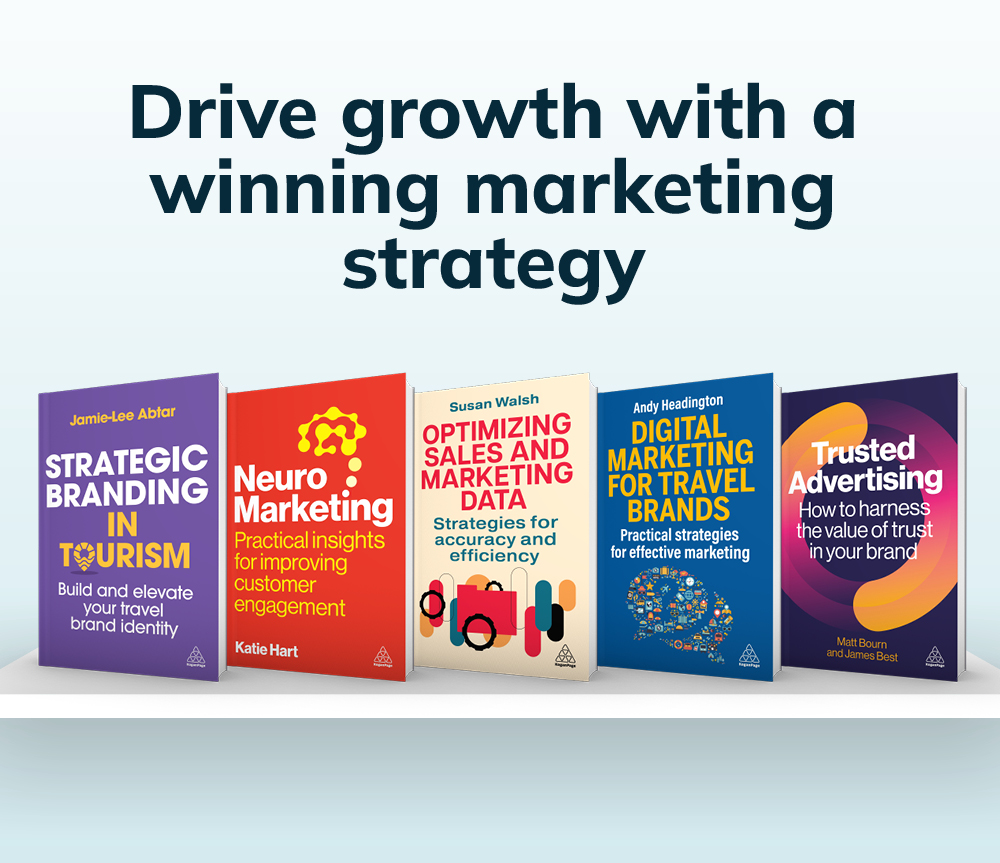FREE UK and US shipping | Get the ebook free with your print copy when you select the "bundle" option | T&Cs apply
Marketing & Sales Books
Latest books in Marketing & Sales
Trending books
Latest insights in Marketing & Sales
Marketing Analytics, Sales & Account Management, Data, Analytics & Research Dirty data does not usually trigger a system crash or a single, visible failure that demands immediate attention. Instead, it erodes performance gradually, diminishing accuracy and undermining decision-making over time.
Advertising, Corporate Governance & Ethics Trust is now a decisive competitive advantage. This article shows how advertising, media, influencers and AI can build credibility and preference by delivering on brand promises that genuinely improve people’s lives.
Digital Marketing, Marketing Strategy & Planning, PR & Communications Social media management has expanded and become more complex as more companies rely on this medium for their marketing strategy. When internal marketing teams do not meet the standards, team members can fall through the cracks, and the foundation becomes less sturdy. Here’s why social media teams need to be divided up better to improve workflow.







